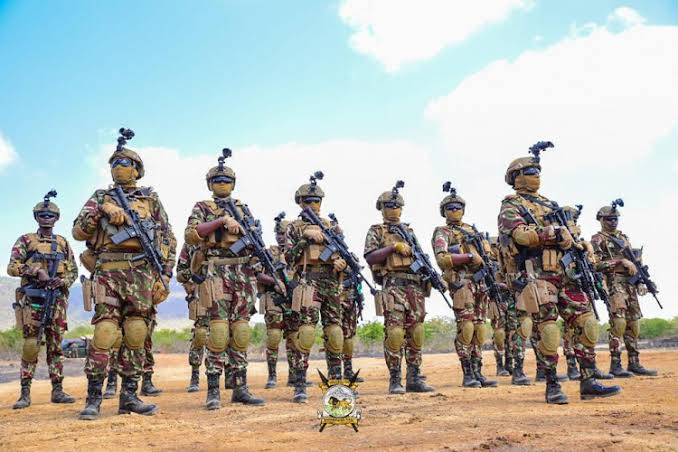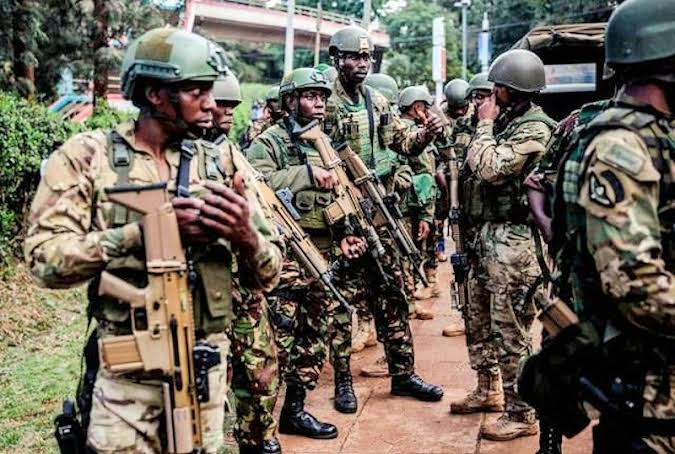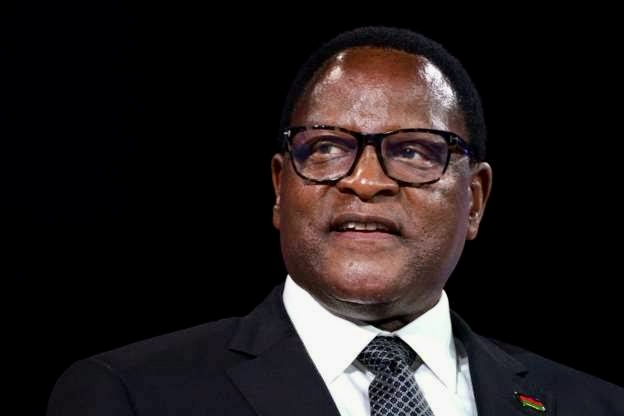
Faith Nyasuguta
On Thursday, the Kenyan parliament granted approval for the deployment of a thousand police officers to Haiti, a nation grappling with chaos and gang violence, as part of a UN-backed mission.
Despite widespread criticism, the decision aims to address the serious challenges faced by the small Caribbean state, where gang violence has seized control of 80% of the capital, resulting in record levels of serious crimes, according to the UN representative in Haiti.
Kenya’s parliamentary vice-president Gladys Shollei tersely declared, “The ayes have it,” following the audible vote from elected representatives. However, the deployment is currently on hold due to a Nairobi High Court suspension, pending the examination of an appeal by an opponent who argues that the mission is unconstitutional.
The Kenyan government’s choice to send police officers to Haiti has faced significant backlash, drawing attention to the unstable and perilous conditions in the country.
Human rights organizations highlight concerns about the Kenyan police’s history of employing force, including lethal force, against civilians. This raises substantial risks, especially in a nation where previous foreign interventions have been marred by human rights violations.
According to Human Rights Watch, Kenyan riot police beat protesters and gunned down civilians during the country’s Covid-19 curfews and never sufficiently addressed the grave rights violations,
At least 30 people in Kenya’s poorest neighborhoods were killed by the police in July during protests over the rising cost of living, a local group told Associated Press. Police are also accused of carrying out forced disappearances.
“We had some consultations with Kenyan [civil society organisations] last week [in July] and there was general consensus that Kenya should not be seen to be exporting its abusive police to other parts of the world,” said Otsieno Namwaya, east Africa director for the Human Rights Watch.
Haitians will be especially wary of any human rights abuses given the country’s long and dark history of failed foreign intervention. UN peacekeepers were accused of sexually abusing women, leaving hundreds of fatherless children behind and introducing cholera.
Kenya has participated in several UN peacekeeping missions across Africa and received counter-terror training from the US, meaning they have some of the necessary experience to take on Haiti’s armed bandits, said Benedict Manzin, Lead Analyst for the Middle East and Africa at risk analysis firm, Sibylline.

“Their record is mixed, however,” Manzin said. “In Somalia, where Kenyan forces have supported offensive operations, al-Shabaab attacks continue despite the Kenyans operating there for over a decade.”
The deployment’s contentious nature underscores the complex considerations involved in providing international assistance to nations facing security and stability challenges.
Haiti’s prime minister, Ariel Henry, called for international support from the UN in 2022 when gangs began taking control of much of the country, engulfing the nation in chaos as they fought pitched street battles.
RELATED:




